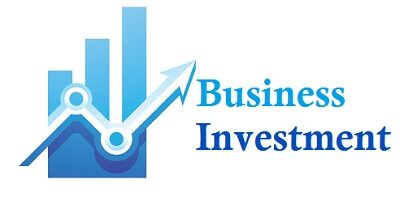
The Roth 401(k): What Is It and Is Having One Worth It?
More than 90% of America’s employers offer some sort of retirement plan to eligible employees. More often than not, the plan is some form of 401(k) arrangement. The data shows that the majority offer traditional 401(k) plans, but a fair number also offer Roth 401(k)s. Do you know the difference?
The primary difference between the two types of 401(k) plans revolves around taxation. Employees contribute to a traditional 401(k) with pre-tax dollars. It is just the opposite with a Roth 401(k). One arrangement makes a difference now while the other makes the difference later.
More About the Traditional 401(k)
A traditional 401(k) plan is set up to give employees a number of different investments to choose from. Employees typically contribute a certain amount through payroll deductions. Their employers also tend to contribute. Over time, employees are gradually vested in their 401(k)s until they are at 100%.
Because 401(k) contributions are made with pre-tax dollars, employees do not pay income tax on contributions in the year they are earned. The net result is lower taxable income and, in some cases, a lower tax bracket. Taxes are paid when money is taken out at retirement.
More About the Roth 401(k)
The Roth 401(k) is similar in the sense that it gives employees different investments to work with. Again, both employee and employer make contributions to the account. Here is the big difference: those contributions are not made with pre-tax dollars. Every dime put into a Roth 401(k) is taxable in the year it was earned.
That is the downside. Contributing to a Roth 401(k) will not reduce your tax liabilities while you are still working. But the benefit is this: when you take distributions from the account in retirement, those distributions are tax-free.
Pay Me Now or Pay Me Later
From the government’s standpoint, the differences between the two types of retirement plans amount to a ‘pay me now or pay me later’ scenario. It is better for some employees to pay the taxes now. Others are better off paying later. It really boils down to tax brackets.
If your situation is such that you will probably jump into the next tax bracket at retirement, you are better off with a Roth 401(k). Why? Because you will have already paid taxes on your retirement account funds before you retire. Even at a higher rate in retirement, you will not pay higher taxes on that income.
If you stand to fall to a lower tax bracket in retirement, you are better off with a traditional 401(k). You will ultimately have a lower tax bill as a result of doing so. And if you don’t anticipate changing tax brackets, the Roth 401(k) is still probably better because you pay no tax on account distributions – that includes any profits your account has made.
Not Available Everywhere
As attractive as the Roth 401(k) might seem, Dallas-based Benefit Mall says that Roth plans are not available everywhere. BenefitMall is a brokerage general agency providing broker services to benefits brokers nationwide. They say that not every carrier offers a Roth plan. It is up to brokers to discuss that with their clients.
A company choosing to not offer a Roth 401(k) might be persuaded if enough employees wanted it. In that regard, education seems to be the key. The more people know about the Roth option, the more they may decide it is the better option for them.
Now that you know about the Roth 401(k), do you think it is right for you? Talk it over with your financial advisor. You might be better off going with a Roth account.


